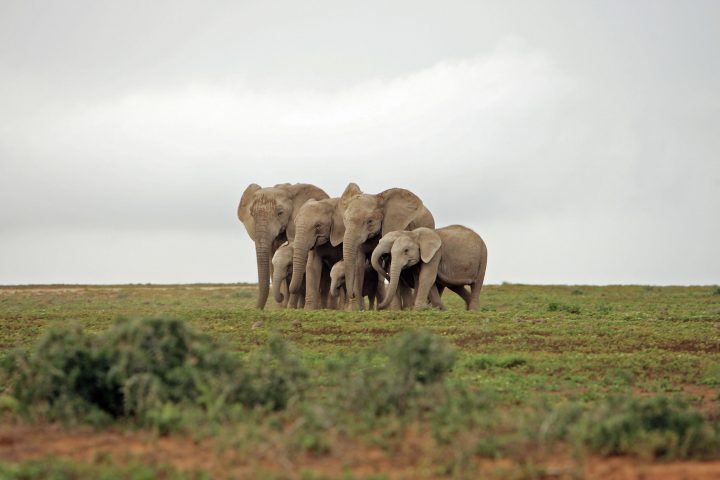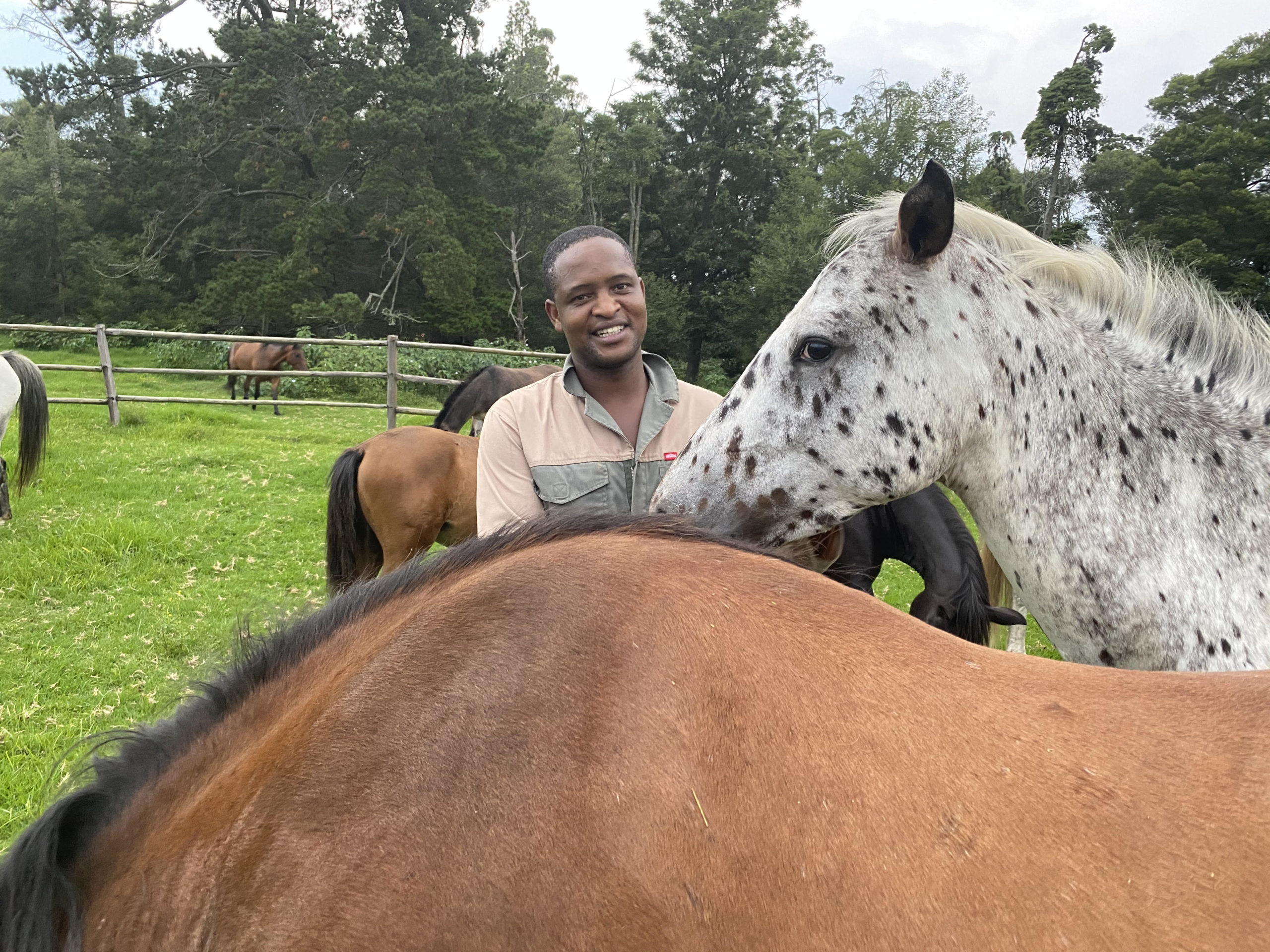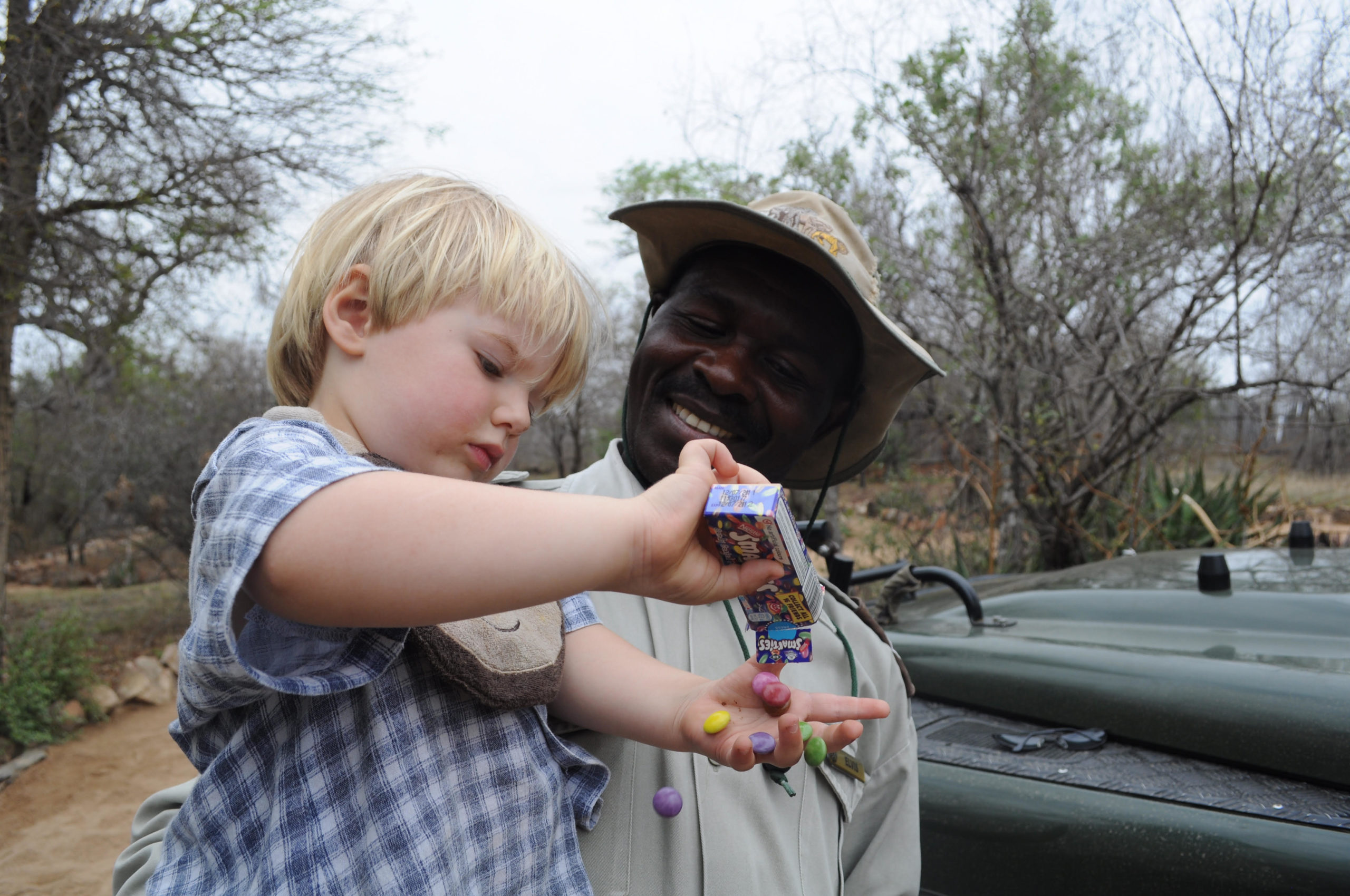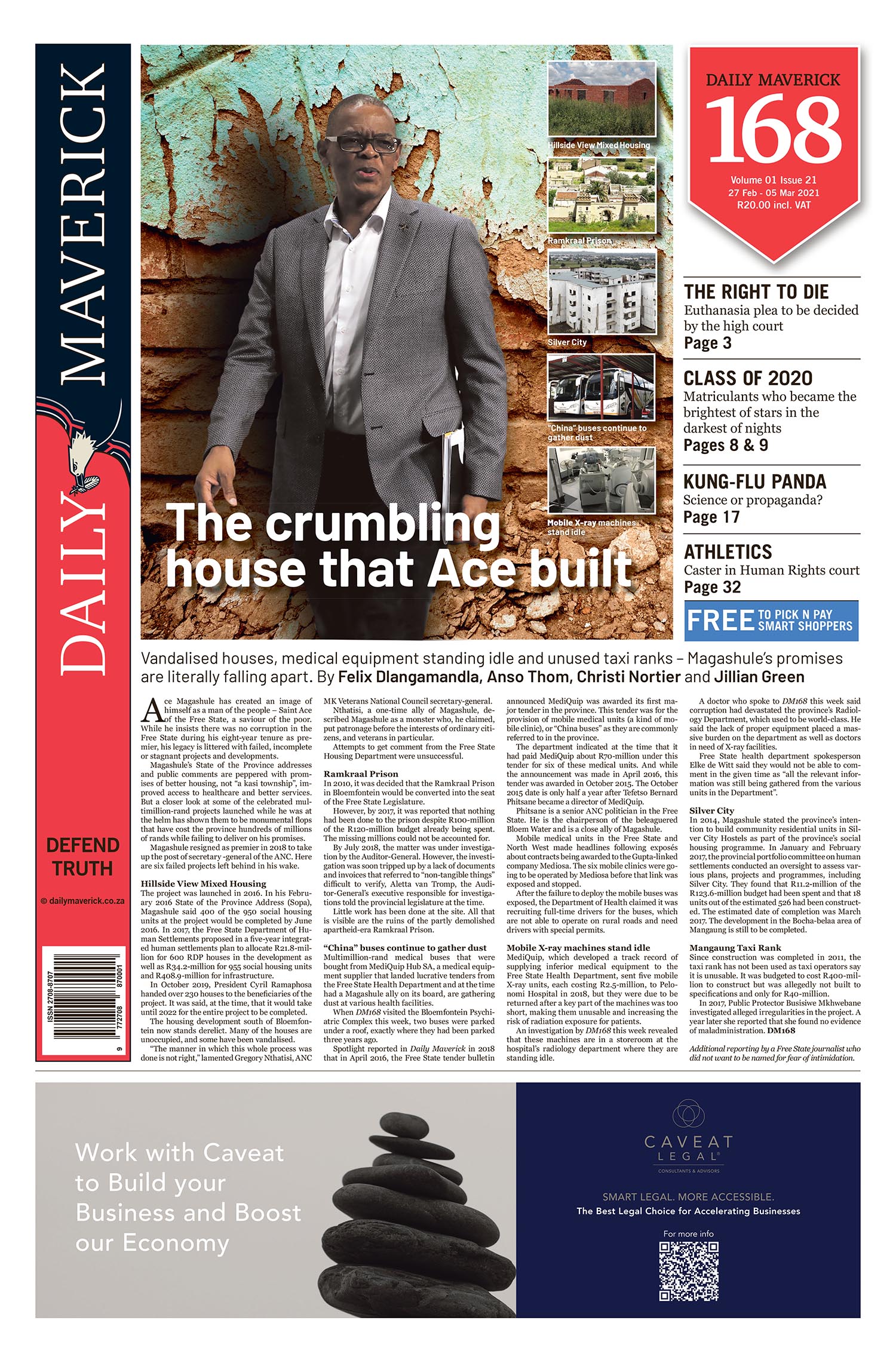BUSINESS MAVERICK 168
Tourism industry finds creative ways to surf the Covid-19 waves

Ten months ago, many in the tourism industry were panicking. With no forward bookings, the industry was wondering how it would survive. It developed social media initiatives to keep spirits up and allow businesses to hang on, but in the long run survival seems to depend on individual creativity.
First published in the Daily Maverick 168 weekly newspaper.
“It destroyed everything that was – 100% of our market. We are starting again from the beginning,” says Andrew Attwood.
He had run a successful IT software consultancy in Germany for 12 years, when he and his German wife Corinne decided to exit the European corporate rat race and return to South Africa, opening Antbear, a lodge about 30 minutes from Estcourt, where the KwaZulu-Natal Midlands bleeds geographically into the southern Drakensberg.
“This crisis hit us unexpectedly, with repercussions I could never have imagined. We had a sum total of R1-million when we came here. We have been building it for the past 19 years, a little bit at a time, and reinvested everything we made back into the lodge. So I have no idea what the real costs [of the loss] are”.
A profitable business, it was “brought to a full stop by the flight ban in March 2020”, Attwood reflects, because it relied 100% on international arrivals.
The guest house was empty when I visited with my children midweek in February 2021. Antbear offers horseriding and the area has wonderful fishing.

Mlindeni Sithole, horse whisperer and carpenter, at Antbear Lodge: (Photo: Flickr / Danny Foster)
I heard receptionist Andile take a booking for March. It’s a guest taking up a voucher accommodation offer Attwood had thrown to the market to keep some cashflow going in the early days of Covid-19.
He tried various measures to avoid shutting shop.
Innovation is the name of the game
“For every rand donated I would give two rands’ worth of accommodation at our lodge. I have tears in my eyes as I say this. Within 10 days R140,000 flowed into our account. These were from people all over the world, who had such a wonderful experience travelling in South Africa that they felt compelled to help.”
The bulk was apparently donated, with bookings often not taken up.
“When I started the voucher campaign I realised that these things work better in collaboration and I reached out to everyone I know. This saw the development of two web platforms, africannights.co.za, a platform to sell vouchers, and gosouthafrica.co.za,a platform to network. I built both and made them available to anyone in the tourism industry for free with zero commission.”
In September, Attwood says, it was clear their clients would not be returning by the planeload. He took the decision to start building a domestic customer base.
“It was the same as starting the business from scratch. It was all about destination marketing and so a small group of proactive tourism businesses started to create a database of locals who love the Drakensberg.” They started with a competition giveaway.
“If we have had one thing available it was empty beds and this turned out to be a silver lining. We are swapping our beds with beds all over the country and getting to have holidays we would otherwise never have been able to have.”
Within 30 months Attwood says they accumulated 5,000 contact details through the competition. Just in time for Christmas, they started another initiative.
“We gave away R1,000 travel vouchers that can be redeemed at any place that accepts them.”
Attwood says he is having conversations almost daily and entertaining proposals from anyone in the hope of negotiating ways through the virus fog.
In the game reserve
Marco Schiess, owner of Umlani Bushcamp in the Timbavati Private Nature Reserve, is also negotiating his way through the impact of Covid-19 in the lowveld. Umlani is a rustic camp in the “luxury lodge” mode, also solely reliant on the overseas market. His business too nearly hit rock bottom, a situation compounded by unique levies demanded by certain game reserves.
“We’ve had to pay a special Covid levy of R12,500 (expected every quarter), because the conservation levy – usually collected from guests visiting lodges, which goes to the Timbavati reserve – has dried up because of the virtual absence of tourists.”

Elvis Mathebula, a long-serving ranger at Umlani. (Photo: Flickr / Danny Foster)
Umlani must also pay Timbavati a rhino protection levy of R25,000 twice a year.
Staff were initially covered by the Unemployment Insurance Fund’s Temporary Emergency Relief Fund (UIF-TERS), but this ran out in October 2020. “They got that October payment in December, just before Christmas. It was very erratic.”
This Timbavati lodge veteran (Umlani is meant to be celebrating its 30th birthday) says things actually looked up in December.
“We had three bookings. All of them had been previously postponed, so recovery after the awful year seemed possible. And then the second wave hit, and this time everyone cancelled. No one wanted to postpone; this time, they wanted their money back.”
The impact on staff was significant. They were given the option of continuing to receive the erratic TERS or take a retrenchment package.
Despite TERS being extended, 24 of 28 staff took the retrenchment package. Claims are very erratic and can “take up to two months to arrive”, Schiess says.
Back at Antbear Guesthouse in KwaZulu-Natal, Attwood says they had discussed the options regarding solutions to the crisis at a staff meeting last year. “We had three priorities: health, livelihoods and the survival of the business, without which none of us would have anything.”
He says they decided the best course of action was a layoff, because “UIF could come to the party” and assist staff. “That plan failed, as the UIF office was simply shut down.”
Lockdown followed a few days later. Attwood says they scrambled to buy staples to support their staff and their extended families. Once TERS eventually paid out, it was a lifesaver for the community.
Business interruption insurance, however, was hardly worth the paper it was written on, he says, and the Tourism Relief Fund ran out of money before they got to the application. Yet Attwood is full of ideas. “This alternative building, like doing our own carpentry, and doing things yourself, makes things more affordable.”
He says bookings are trickling in, with guests travelling to get the R1,000 travel deal.
“Business is not good, and I don’t expect it to be back before 2023, but within six months we are approaching a 10% occupancy level from a base of pretty much zero in the worst of lockdown.” He says they are hoping to double that.
“If so, we will have a business that no longer makes a loss and all of our staff will be back full-time”. Attwood says he is seeking a BEE partner in the meantime.
Schiess says he too will try to build the local market, although he notes early attempts have revealed “very little interest” at the moment.
He says he has nevertheless promised his staff that they will be hired again when the market returns.
The Red Bus
Down in South Africa’s tourism hub and capital, Claus Tworeck, chairman of City Sightseeing South Africa, more recognisable in Cape Town as the double-decker Red Bus that trawls the city, plus Johannesburg and Durban, confirms that a domestic tourism base has kept the operation alive.
“We are lucky enough to be able to operate a few vehicles to service this established local demand,” says Tworeck, while noting the vagaries of relying on the local market.
“Government and regional authorities keep telling us to focus on the domestic market. What they forget is that the domestic market travels only on a Saturday (a few on Sunday as its family lunch day) and during school and on public holidays. Our business, like all others, has fixed costs seven days a week and it is therefore impossible for any South African business to be only reliant on local travellers.”
He says local travellers are ultra-sensitive to the weather. “A spot of rain on a Saturday and nobody turns up,” says Tworeck, who adds that local travellers are increasingly cash-strapped. “While the end of last year saw many still receiving TERS and other benefits, travellers have less disposable cash for experiences.”
Other challenges noted by Tworeck are that, despite the rising fuel and labour costs, discounted tickets are becoming “the norm”; that passenger volumes have plummeted to 10% of pre-Covid-19 numbers, and that “90% of staff are either retrenched or on no work-no-pay”.
The response from the government to this tourism crisis has left Tworeck, like Schiess and Attwood, less than pleased.
And as much as Schiess has his game reserve levies, so does City Sightseeing have vehicle licence costs.
“Roughly R30,000 every six months per bus continues, despite buses being parked up. No amount of letters of appeal have helped, and failure to pay these licence costs on time incurs further expensive penalties,” he said.
It seems smaller operations such as Antbear Guesthouse, with oodles of ideas, no reserve levies and vehicle licence fees, and the ability to grow food and make cheese and milk from their cows, may mean they are better positioned to weather this number-crunching Covid-19 crisis.
We had three priorities: health, livelihoods and the survival of the business, without which none of us would have anything. DM168
This story first appeared in our weekly Daily Maverick 168 newspaper which is available for free to Pick n Pay Smart Shoppers at these Pick n Pay stores.




















 Become an Insider
Become an Insider